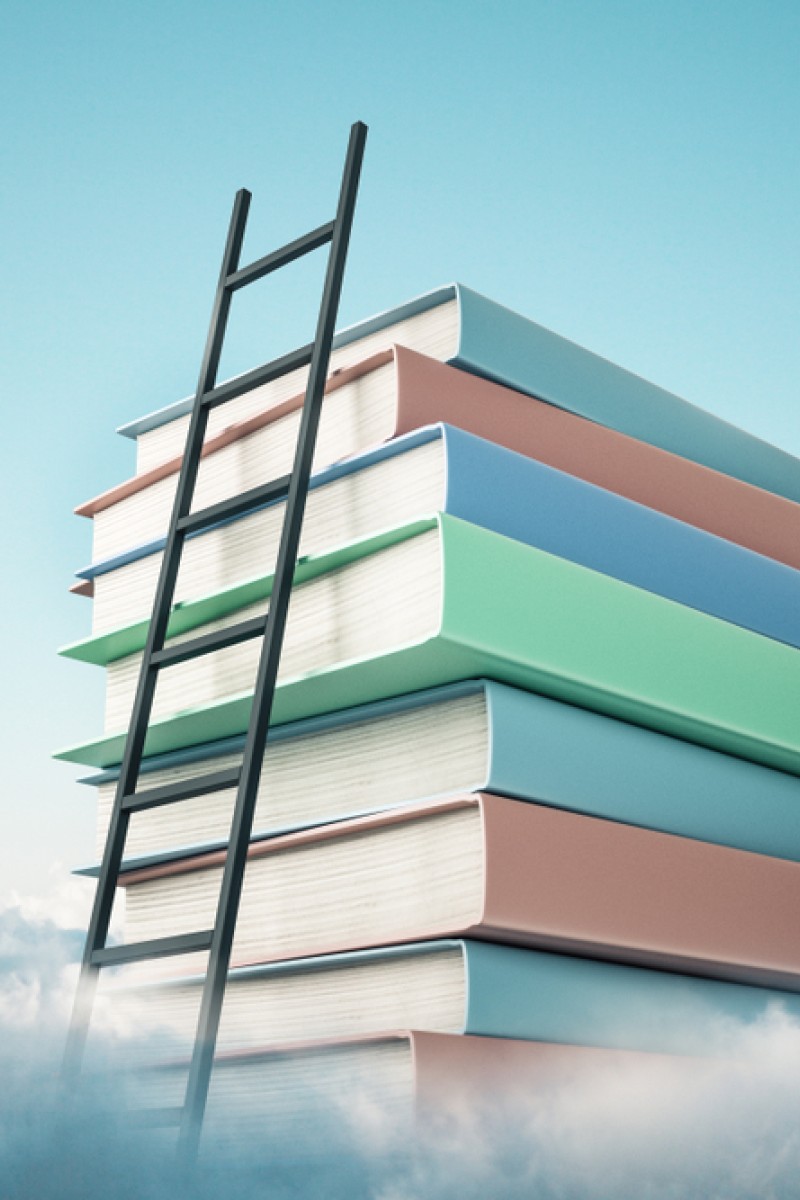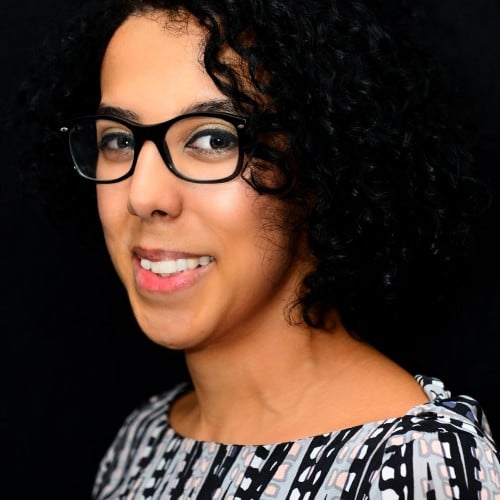
7 authors who were born in February and the books you need to read
From Charles Dickens and Victor Hugo's commentaries on Victorian society to Amy Tan's depictions of the immigrant experience, the shortest month has gifted literature with some incredible writers

It may be the shortest month of the year, but February is still the birth month for many famous authors. Here are some of our favourite wordsmiths whose birthdays fall this month, and the essential works you need to read.
Meg Cabot: February 1
This American writer is perhaps best known for her Princess Diaries series, famously adapted for the big screen with a youthful, pre-Oscar Anne Hathaway. There are 15 books in this comical coming-of-age series, if you enjoy the first one, but for a lesser-known tale, try How To Be Popular, a book whose main themes are popularity, acceptance, and the importance of staying true to yourself.
Charles Dickens: February 7
The Victorian writer is infamous for his long sentences and biting satire, which can sometimes be difficult to read. However, start with A Christmas Carol (you probably know the story already) and you’ll get into the rhythm and style quickly, and soon be able to take on his heaviest tomes.
Chinese New Year 2020: Coolest rats in literature
John Grisham: February 8
Famous for his legal thrillers, the American former criminal lawyer has written dozens of books since his first novel was published in 1989. While some of the themes are dated, uniquely American, or both, there is still much to love in his stories. He has a way of writing absolute page-turners for adults – and in the 2010s, started his series for young teens, featuring a boy who solves crimes thanks to his extensive legal knowledge. Start with Theodore Boone: Young Lawyer if you want something easy, or try The Pelican Brief for an eerie reminder of how little the fight to protect the environment has moved on.
Jules Verne: February 8
The Frenchman was famous for his stories of fantastical journeys, whether subterranean, aerial or underwater. Seen by some as a precursor to science fiction, his surreal stories conveyed images of the Earth in all its glory. While he is seen, now, as a literary great by readers of the original French, the English translations are often simplified, focusing more on the adventure than the complexity of the language (which makes them super accessible!). You’ve probably heard of Around the World in 80 Days – it’s been adapted for film and TV a lot – so start instead with 20,000 Leagues Under the Sea, and its futuristic descriptions of technology.
Toni Morrison: February 18
Known for her portrayals of black American life and intricate language, Morrison’s work can seem a bit distant, not to mention complex. But if you’re looking for a challenge, or to learn more about the African-American experience, there’s nothing like her work. None of it is easy reading, but try her Pulitzer-winning Beloved for a mystical, gripping, horrifying, eye-opening look at America’s slave trade past, and its painful impact on its victims.
Young Post’s favourite YA books of 2019, from talking apes to aliens
Amy Tan: February 19
The Chinese American author made her name with The Joy Luck Club, published in the mid-90s, when stories about non-white North American families were hard to come by. Start with this book – it’s a modern classic for a reason. While she has been criticised for perpetuating racial stereotypes, her stories are generally praised for their depiction of relationships between female relatives (mother-daughter, aunts, sisters, grandmothers), and of the immigrant experience.
Victor Hugo: February 26
French literature has a reputation for being philosophical and bleak. Hugo’s works are no exception, but that doesn’t stop them being worth attempting. While his better-known work (thanks to the musical and Oscar-winning film version of that show) is Les Miserables, it’s (slightly) easier to start with The Hunchback of Notre Dame, a story that explored racism, classism, morality and … architecture. If you think you know the story from the Disney cartoon musical, think again.
